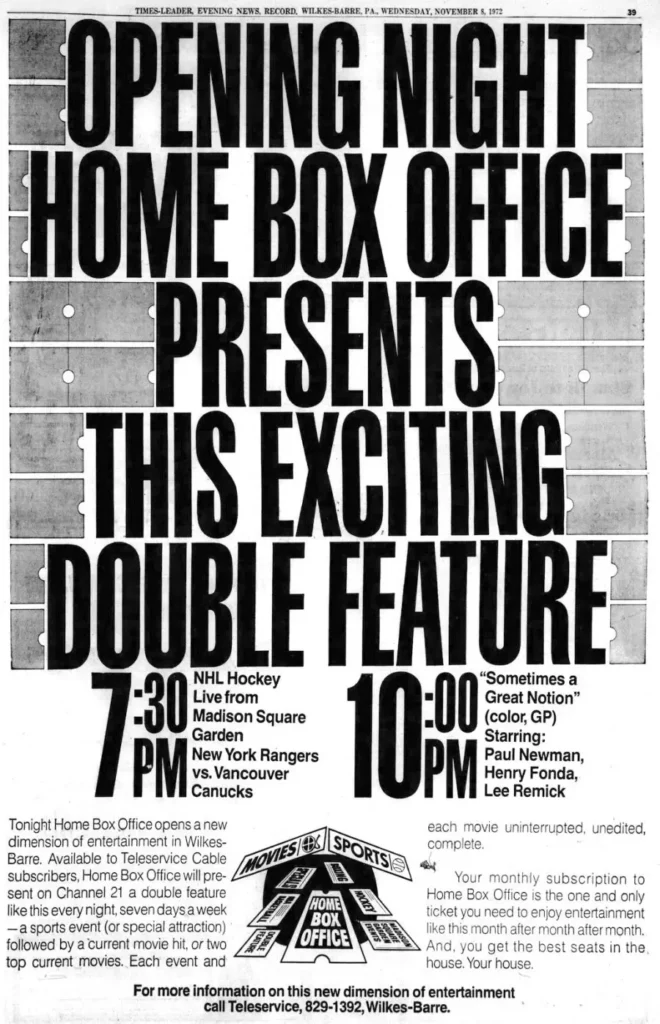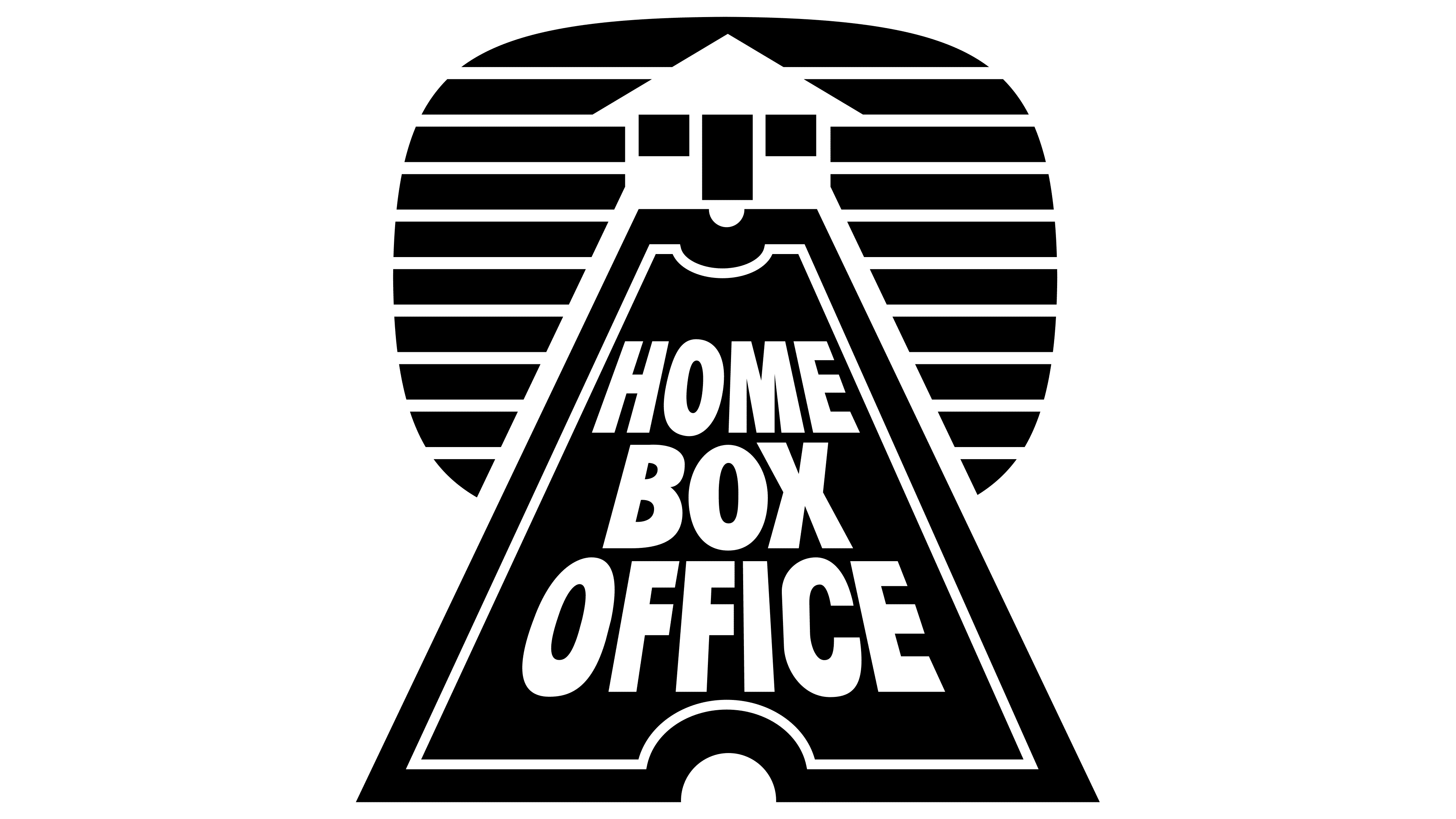HBO Launches as the First Premium TV Network in 1972
On November 8, 1972, Home Box Office (HBO) debuted as the world’s first premium TV network. It was a groundbreaking moment in television history, transforming the way people watched TV by offering a subscription-based model that brought ad-free entertainment directly to viewers’ homes. Unlike traditional cable networks, which relied heavily on advertisements, HBO offered uninterrupted shows and movies—a model that soon set the stage for what would become the standard in premium television.
A Revolutionary Concept for Its Time
HBO’s unique approach included charging a subscription fee in exchange for exclusive access to high-quality movies, sports events, and stand-up comedy specials. This was unheard of at a time when most networks depended on ads. The success of this model allowed HBO to produce content tailored to subscribers’ tastes, helping them build a loyal audience base who appreciated the commercial-free programming and cutting-edge content.
“HBO wasn’t just another network; it was a revolutionary idea. It proved that viewers would pay for quality entertainment, paving the way for modern streaming services.”

HBO’s Rise in the Television Industry
In its early years, HBO delivered blockbuster movies and live events, such as boxing matches and concerts, which traditional TV networks typically didn’t broadcast. Over time, HBO began creating original programming like “Inside the NFL” and stand-up specials featuring comedians like George Carlin and Robin Williams. These shows helped HBO establish itself as a unique entertainment source, leading to its significant influence on the cable TV industry and future streaming platforms.
The Subscription Model and Its Impact on Content Creation
With its subscription-based service, HBO could take creative risks, investing in bold storytelling without worrying about meeting advertisers’ expectations. This freedom allowed HBO to eventually produce groundbreaking original series like “The Sopranos,” “The Wire,” and “Game of Thrones,” series that would become cultural phenomena and prove the viability of premium TV programming. HBO’s model inspired the streaming services we see today, from Netflix to Disney+, where quality and exclusivity drive subscriptions.
Key Elements That Set HBO Apart
- Commercial-Free Content: HBO was the first to deliver content without ad breaks.
- Subscription-Based Model: This new approach allowed more freedom for innovative content.
- Exclusive Access: From blockbuster movies to live events, subscribers had access to content they couldn’t find on regular TV.
HBO’s Enduring Legacy
The launch of HBO marked a pivotal point in entertainment history. Its success set a precedent for networks and streaming platforms globally, proving that viewers would pay for high-quality, exclusive content. HBO not only revolutionized television in the 1970s but also laid the foundation for today’s streaming services and subscription models.
Conclusion
HBO’s debut on November 8, 1972, reshaped television forever. As the first premium TV network, it demonstrated the power of subscription-based, ad-free entertainment and created a new standard for quality programming. Today, HBO remains a leader in innovative content, continually pushing boundaries in the television and streaming industries.



